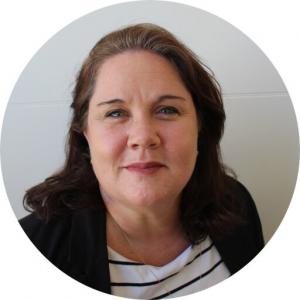A key aim of science teaching is the development of scientific literacy. In this task, pre-service teachers are asked to demonstrate their scientific literacy by questioning claims made by others about scientific matters, finding credible sources of information, drawing evidence-based conclusions, and making an informed claim about the topic. The purpose of the assessment is to encourage students to think about the purpose of teaching science in schools. Research tells us that primary pre-service teachers often lack confidence to teach science stemming from their feelings of deficient content knowledge. Enhancing science literacy assists with considering the purpose of science education and, therefore, building confidence to teach the research and inquiry skills that assist teachers in encouraging inquiry-based approaches to learning with their students.
The innovation with this assessment task also stems from its implementation. Students were provided with an exemplar produced by GenAI. The exemplar was provided to students to mark and engage in moderation. Using the criteria to mark, students developed an intimate knowledge of the assessment criteria against which they would be marked. Further, it assists to start developing pre-service teacher mindset towards becoming the marker of work. However, the most beneficial aspect was a rich conversation about the ethical use of GenAI in assessment with a cohort of first-year undergraduate students. I have since used this method to introduce assessment tasks in other undergraduate and post-graduate courses.



